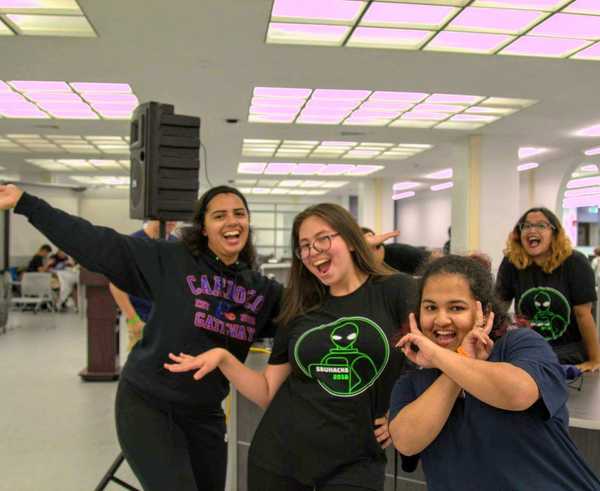The United Nations Human Rights Council recently convened in Geneva, Switzerland and on September 20, elected tribal councilwomen brought the concern of human trafficking to the forefront of conversation.
Nathaniel Brown of Arizona’s Navajo Nation and Dr. Monica Mayer, a tribal councilwoman from the Mandan Hidatsa and Arikara (MHA) Nation on North Dakota’s Fort Berthold Reservation, addressed the Council on behalf of tribal nations regarding the community’s concerning human trafficking crisis.
Tribal representative Brown of Arizona’s Navajo Nation called upon the United States to expand tribal prosecution of human trafficking within the provisions of the Violence Against Women Act, noting that “the United States has yet to pass a tribally specific law as to trafficking,” which has consequently permitted the continuation of this human rights violation. Brown also pointed to a report on the Rights of Indigenous Women and Girls by the UN Special Rapporteur on the rights of indigenous peoples, which recognized the importance of the right of self-determination in relegating indigenous women’s heightened risk to sexual abuse and exploitation.
Dr. Mayer testified to her decades of experience as a physician in which she dealt firsthand with the physical trauma and ramifications trafficking has on survivors’ mental health: “There are serious health consequences of trafficking including physical abuse, traumatic brain injury, PTSD, depression and suicide. The social and cultural wounds of this situation will take generations to heal.”
Requesting that the United Nations take efforts to investigate the extent and extremes of human trafficking and collect data specific to the tribal communities, Dr. Mayer also noted that “trafficking is an impact of extractive industry development” of recent years. The development of hydraulic fracturing (fracking) and the latest construction of the Dakota Access Pipeline (in spite of much valid and persistent tribal opposition) has created more than 100,000 jobs since April 2009, bringing in tens of thousands of new residents to North Dakota; the population of some cities have even doubled, with many new residents maintaining temporary housing “camps,” conditions that have increased crime, drugs and human trafficking.
The North Dakota FUSE anti-trafficking coalition’s work has highlighted the increase in sex trafficking alongside the growth of oil drilling in West North Dakota, near the city of Williston and start of the Dakota Access Pipeline which passes through the state and reaches Pakota, Illinois. The prosecution of human trafficking against Native peoples is further complicated, as the 1978 Oliphant v. Suquamish Indian Tribe Supreme Court case ruled that tribes have no jurisdiction over crimes committed by non-Native people. So when an incident of human trafficking is reported to take place on North Dakota’s Fort Berthold Reservation, tribal police must work with the sheriff’s departments of six different counties to deal with non-Native perpetrators, and in cases in which a suspect’s background is unknown, investigation is delayed and prosecution rendered nearly impossible. These factors have made Native reservations a safe haven of sorts for non-Native traffickers to carry out these criminal offenses against indigenous women and girls.
This heightened vulnerability of indigenous peoples is also the case in our neighboring Canada, where the Native community accounts for just 4% of the total population but more than half of all sex trafficking victims in the country.
Our Native brothers and sisters have endured a long history of injustice and subjugation in their own homeland, and our Native community today continues to bear struggle. It is with this in mind that we must continue our fight to both realize indigenous rights and ensure the freedom of all.



















